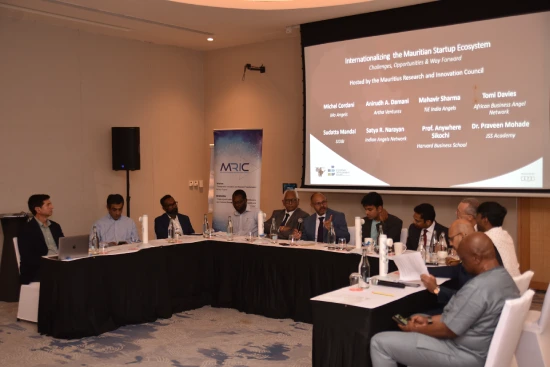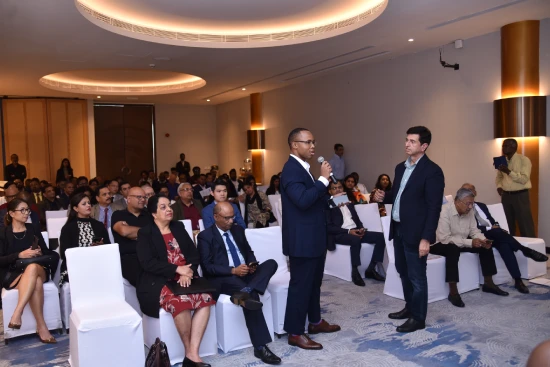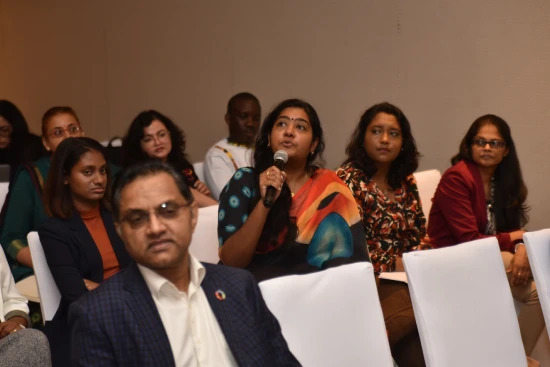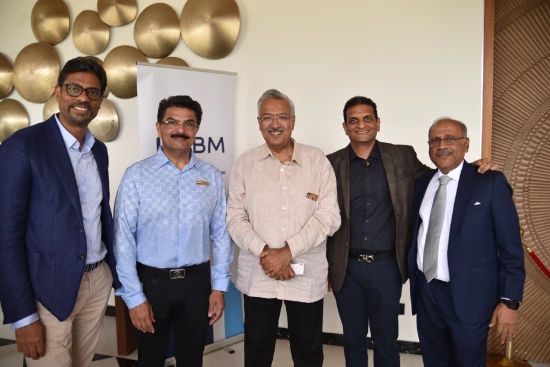 16-17th November 2023
16-17th November 2023
 Dar es Salaam – Tanzania
Dar es Salaam – Tanzania
Africa is the world’s youngest continent, with 70% of its population under 30 years of age. Sixty percent of the young people are under 25 years old and in urgent need of education.
A 2022 World Bank report estimates that nearly 9 out of 10 children in Sub-Saharan Africa are unable to read and understand a simple text by the age of 10."Not only basic education but also secondary, tertiary, technical, and vocational training will determine this generation’s ability to get jobs and contribute to economic growth in the future," the report emphasised.
On the skills side, an estimated 230 million Africans in the age group of 15–24 will need to acquire digital skills by 2030 in order to meet the demands of an increasingly automated and AI-driven future when the population in that age group will rise to 300 million.
Amidst these challenges, Africa is expected to benefit from a massive demographic dividend. While populations in other parts of the world will age and decline, the working-age population in Africa will continue to expand until 2050.


Investment in quality education and training is therefore vital for economic development and competitiveness in an increasingly globalising information world. Interestingly, data suggests that sub-Saharan Africa offers the highest returns to tertiary education in the world as well—about 21 percent.
The low tertiary gross enrollment rates of about 6% across Africa represent both a huge unfulfilled gap and an opportunity for private sector investment in the sector.
Online, distance education and skilling can be leveraged to bridge this gap. This is increasingly being recognised by most African governments that are working with various international partners to establish education and skilling infrastructure using the internet and on-demand content delivery all over sub-Saharan Africa.
"Innovation alone can bend the curve and close the 100-year gap, which is the estimated time it will take for the most marginalised African children to catch up in terms of education outcomes with their more enfranchised peers," a Brookings study claims.
One cost-effective approach is Teaching at the Right Level", which uses differentiated instruction (grouping students by level rather than grade) and interactive pedagogical methods to improve student learning outcomes. Pioneered in India by the non-profit Pratham, the method has also been shown to be effective in Africa, according to Brookings.
A rigorous study in Kenya demonstrated that dividing classrooms into groups based on students' learning levels increased test scores for all students, confirming Pratham’s observations.
The other innovation recently rolled out by Bengaluru-based EkStep (a non-profit foundation) proposes to extend learning opportunities to millions of children through a collaborative, universal platform that facilitates the creation and consumption of educational content.


Combining online and on-campus learning techniques, several innovative startups, government institutions, and NGOs have spawned an ecosystem that has enabled unprecedented scaling in the sector, reaping rich dividends for society. Customised for Africa, these learnings can be dramatically impactful, both in terms of cost and reach. And help the continent leapfrog in its developmental trajectory.
Meanwhile, the roughly 1,200 Indian universities can offer high-quality, affordable education to African students on campus. They may also consider setting up overseas campuses and learning centres in collaboration with local colleges and educational entrepreneurs in Africa.
"African universities must expand their partnerships in research, including strengthening south-south partnerships. Collaborative research partnerships between academia, industry, and international organisations can enhance technological advancements and address specific challenges faced by African economies," according to the International Food Policy Research Institute. In 2021, there were 25,000 African students enrolled in approximately 500 Indian universities, which is less than 5% of the total African students studying abroad (650,000 in 2020). The opportunity for Indian universities to attract African students, therefore, is equally immense.
Overall, it cannot be emphasised enough that the India-Africa partnership in this sector is a win-win for both. Efforts to increase this collaboration by organising meetings and learning sessions can yield rich dividends in the future.
.png)

